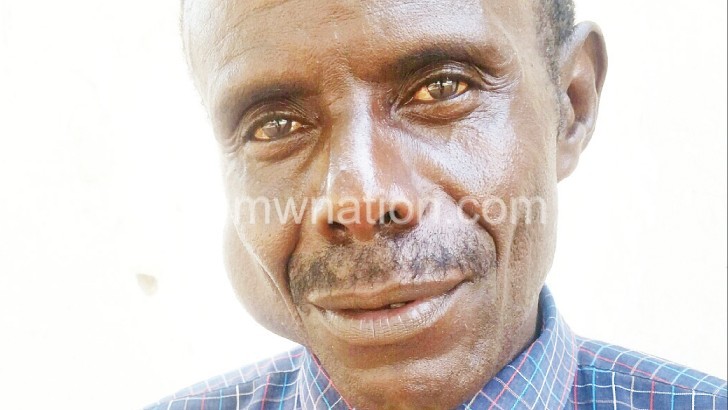Lakeside schools shunned
Quality education in Malawi is a privilege for a few urban dwellers unlike poor Malawians in hard-to-reach areas, writes JOHN CHIRWA.
Lennox Mwanjikho has spent almost 10 years teaching at Bunga Community Day Secondary School (CDSS) in Nkhata Bay North.
In fact, the trained teacher has risen to become deputy head teacher for the school where he has spent his entire teaching career.

Yet, he is the only trained teacher. The rest, six in all, are not qualified to teach at a secondary school.
“We are all under-qualified, but qualified teachers shun this area,” he said in an interview in the hilly, remote locality along Lake Malawi only accessed by overcrowded wooden boats.
Bunga is cut-off due to lack of access roads and reliable water vessels. Travellers pay K6 000 for a return trip to Nkhata Bay on departs which depart the shoreline spot early in the morning and return in the evening.
Equally underdeveloped and excluded are neighbouring populations in Usisya, Khondowe, Ruarwe and Thoto.
Schools are feeling the pinch, with Bunga CDSS having just one teacher’s house and two school blocks. It has an underequipped laboratory and no library. Qualified teachers shun it, forcing authorities to turn to staff from nearby primary schools to save the CDSS.
“We have never undergone any training in how to effectively teach secondary school students. We just have basic knowledge in the subjects we teach. We are not specialists,” Mwanjikho said.
This has compromised the quality of teaching and learning, he notes.
The man teaches geography, history and biology although he is good at geography.
“It is a sacrifice we make for the sake of the learners passionate about sciences,” he says.
For a decade, the brightest student scored 26 points in Malawi School Certificate of Education (MSCE)—not good enough to qualify for public universities consideration.
The story is similar at Usisya and Khondowe CDSSs which have sent “two or three” students to university in 10 years.
Usisya CDSS deputy head teacher Reuben Chimaliro says his school, which has almost 200 learners, has never produced a learner to university in recent years due to lack of qualified teachers.
Last year, the best student scored 20 points.
Northern Region Education Division principal inspector of schools and colleges Rosario Soko reckoned Chisangawe, Old Salawe and Likoma are just as affected.
He says teachers are often reluctant to relocate to shoreline schools due to poor living conditions, especially transport woes.
The division once owned Masambiro, a marine vessel for the lakeside teachers, which has been unseaworthy for nearly a decade now.
“The challenge now is that teachers refuse the postings. If we insist on transferring them, they resign,” Soko explained.
Civil Society Education Coalition (Csec) executive director Benedicto Kondowe says such cases are not confined to Nkhata Bay and Likoma. They are widespread in rural areas nationwide.
“Our view is that education in Malawi is not equitable. Government is not doing much to bridge the gap. Government needs to direct its energy in such schools to motivate qualified teachers to live there,” said the activist.
Depriving rural dwellers quality education is a violation of the constitutional rights to education, he argued.
“The Constitution demands that education should be available, accessible, affordable and equitable for both the rich and the poor. Government has the obligation to provide education to the haves and have-nots,” he stated. n





